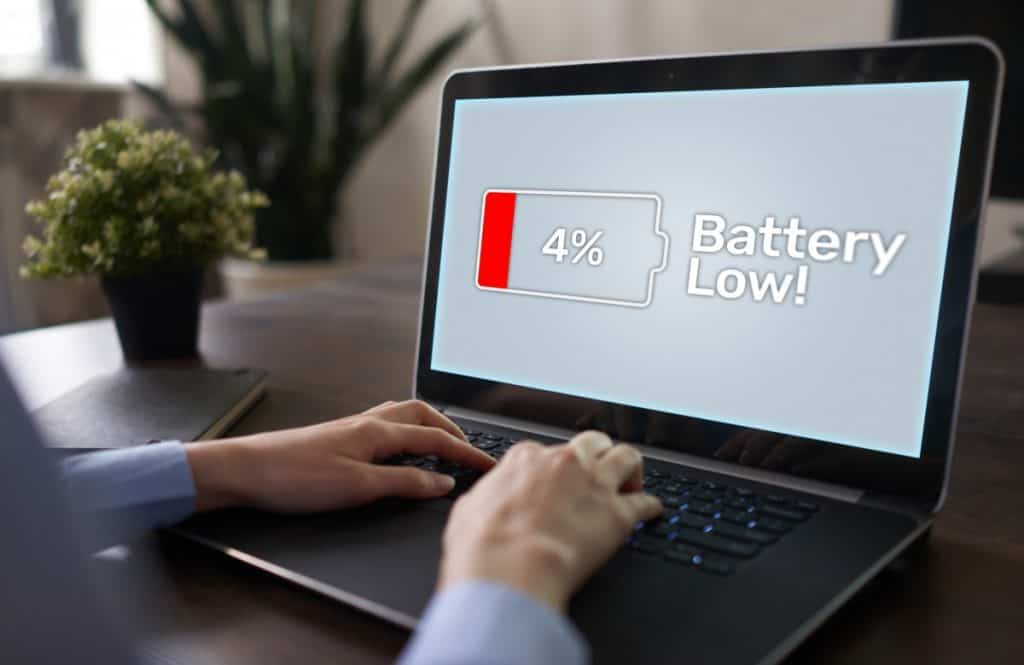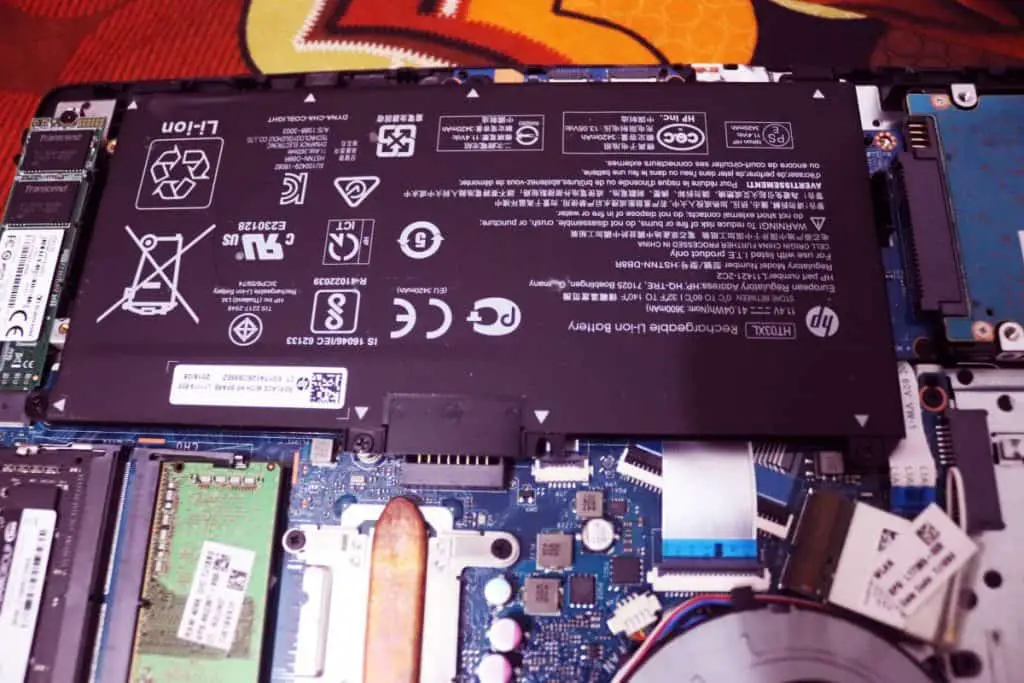The beauty of a laptop is its portability and its convenience that makes it ideal for working while on transit. It should, however, be noted that laptops are only as good as their batteries and proper care of the battery is essential to making sure it can retain charge and have a long life. One question that lingers in the minds of most laptop owners is whether a laptop stops charging when it’s full. Well, we have just the answer for you.
Most laptops are made of lithium-ion batteries. There is no way to overcharge these laptops, so when you get to 100% charge, the charger will stop charging the battery. If you leave the laptop plugged in, the laptop will just run directly off the power cable.
In this article, we will discuss whether it’s bad to leave your laptop charging overnight, whether you can use your laptop while charging, if you should charge your laptop to 100%, and much more. So stay tuned for all this and much more. This will certainly be an insightful read for you.

Is It Bad To Leave Your Laptop Charging Overnight?
After a few years of use, the battery on your laptop will surely become just a shadow of its old self. Laptops are portable, but they are often used in one place for long hours. The power cord is usually plugged into the wall unit, and the laptop receives a constant charge for long hours. So with this in mind, the magic question is whether it’s bad to leave your laptop charging overnight. Can you prevent loss of battery capacity by only charging your laptop only when it’s necessary?
The truth is that laptop manufacturers are all over the place on this. No one seems to be definitively sure that leaving your laptop plugged in overnight will have a negative impact on your battery. Apple used to advise against this, but their battery advice page no longer has this piece of advice. Some laptop manufacturers claim leaving a laptop plugged in overnight is fine, while others recommend against it for no particular reason.
All in all, we recommend that you don’t leave your laptop plugged in overnight. This is because leaving any electrical device plugged in poses a fire risk. So even though your laptop may not suffer any performance issues, leaving it plugged in overnight still poses a danger to you and anyone living with you. This is because if there are any power surges, the battery can explode and catch on fire.
If you absolutely have to leave your laptop plugged in overnight, we recommend removing the battery completely. You can power your laptop through the adapter. The electricity is fed directly into the laptop, and your machine consumes it directly without posing the risk of the battery blowing up.
Is It OK To Use a Laptop While Charging?
Using a laptop while charging may have crossed your mind, and you are wondering whether it’s a potential threat to your laptop’s battery life or not. Well, we have just the answer you are looking for.
You can use a laptop while charging. When your laptop is plugged in, it is directly powered by the A/C adapter and not the battery. Only excess power will go to the battery. Also, when you are plugged in, the battery isn’t in a state of continuous charging, but it gets topped off whenever the charge drops below 95%. Since the battery isn’t being used while plugged in, it is safe to use the laptop while charging.
You should, however, make sure that your laptop is well ventilated so that the battery temperature doesn’t get too high such that it affects battery health. Also, if you know that your laptop will stay plugged in over an extended period of time, you will be better off removing the battery altogether and using the power supply from the socket.

Should I Charge My Laptop to 100%?
As long as your laptop’s battery is lithium-based, it cannot be overcharged, so you can charge your laptop to 100% safely. This is, however, not recommended if you’d like your battery to last a bit longer.
It is recommended that you keep the battery level between 40-80%. This is the optimum battery level that will ensure your battery lasts for several years before you have to replace it.
Can I Leave My Laptop Plugged In All the Time?
If there is an electrical outlet nearby, most laptop owners will usually leave their devices plugged in for long periods of time, sometimes even while using it. Now, as we have already mentioned, most manufacturers are split on whether this is bad for the battery or not. So the answer to the above question is neither here nor there.
We should, however, mention that even with a continuous connection to the wall unit and a full charge, there are always small discharges in the battery. The power supply directly compensates for this via the charger cord. This, therefore, means that the battery is working all the time, even when it doesn’t appear to be doing so. This results in accelerated depreciation of the battery’s life as there is permanent heat development due to the work the battery is doing.
So, although most manufacturers agree on this issue, we recommend that you don’t leave your laptop plugged in all the time to conserve the life of your laptop’s battery.

How To Stop My Laptop Battery From Charging When Full?
As we have already mentioned, most laptops will stop charging when the battery capacity gets to 100%. This is because most laptops have a voltage regulator inside, which stops them from overcharging. But if you are looking to stop charging to keep the battery at 70-80% for maximum battery life, then the only way you can do this is to remove the battery.
All in all, your laptop will stop charging when the battery is full. To ensure that the battery life isn’t in any way compromised, make sure your laptop has sufficient cooling to prevent heat buildup, which may ruin the battery.
